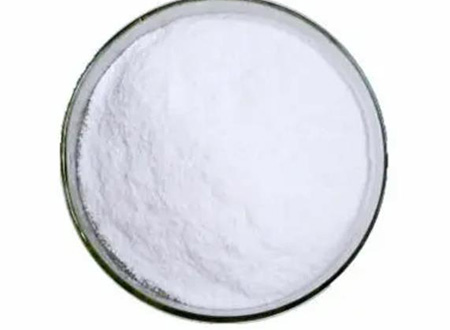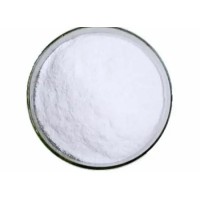di-caffeine malate
Supplementing a small amount of caffeine before exercise is known to increase mental alertness, power output, anaerobic running capacity, and metabolic rate, as well as reduce the rate of perceived movement.
As with most supplements, more caffeine isn't necessarily better; too much caffeine can increase blood pressure, heart rate, cortisol, and anxiety levels, so you need to use caffeine in moderation, and you need to consider how your caffeine. The difference between two different caffeine, di-caffeine malate and caffeine citrate, will be explained below.

Like other forms of caffeine, di-caffeine malate can increase focus, energy, and metabolism while reducing perceived fatigue. However, di-caffeine malate offers a unique advantage because malic acid can relieve indigestion often caused by natural caffeine and caffeine anhydrous. In addition, some research findings suggest that malic acid may dampen the post-ingestion caffeine crash and replenish the energy produced by caffeine.
Caffeine citrate has recently gained popularity in the fitness world because it appears to raise caffeine blood levels faster than other caffeine sources. Blood levels of caffeine peaked between 60 and 120 minutes after ingestion of caffeine anhydrous and 30 minutes after ingestion of caffeine citrate. While caffeine citrate acts faster than caffeine anhydrous, it has one major disadvantage - 20mg of caffeine citrate provides only 10mg of active caffeine. This means that each milligram of caffeine citrate provides 50% less caffeine than caffeine anhydrous.

